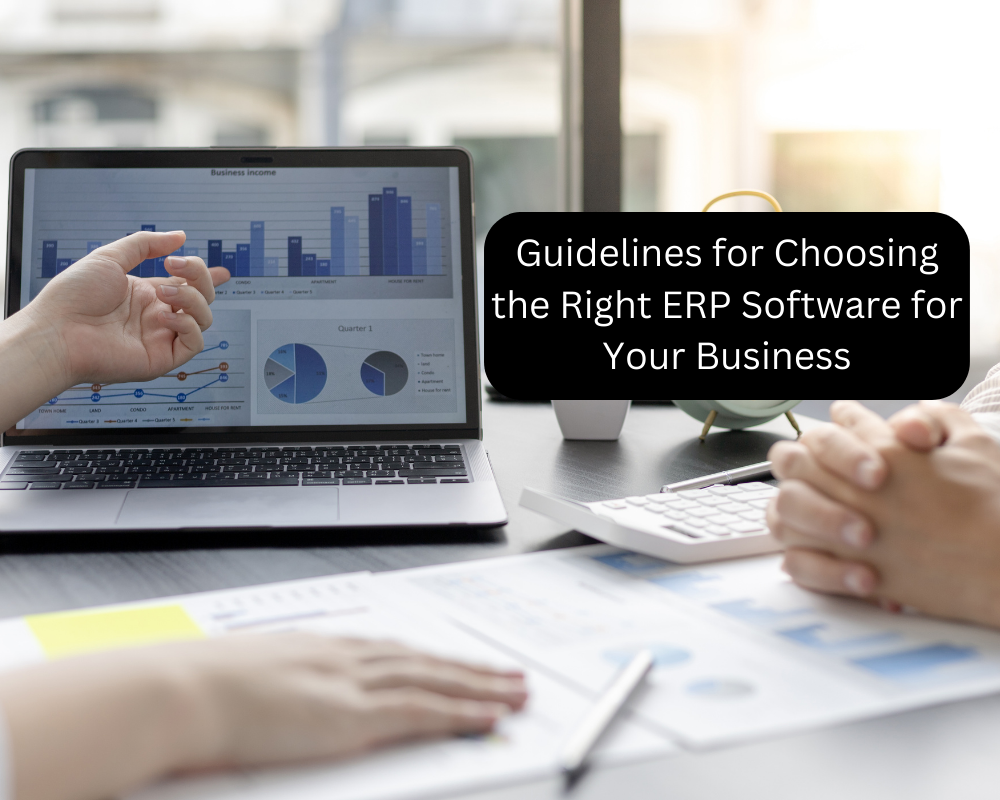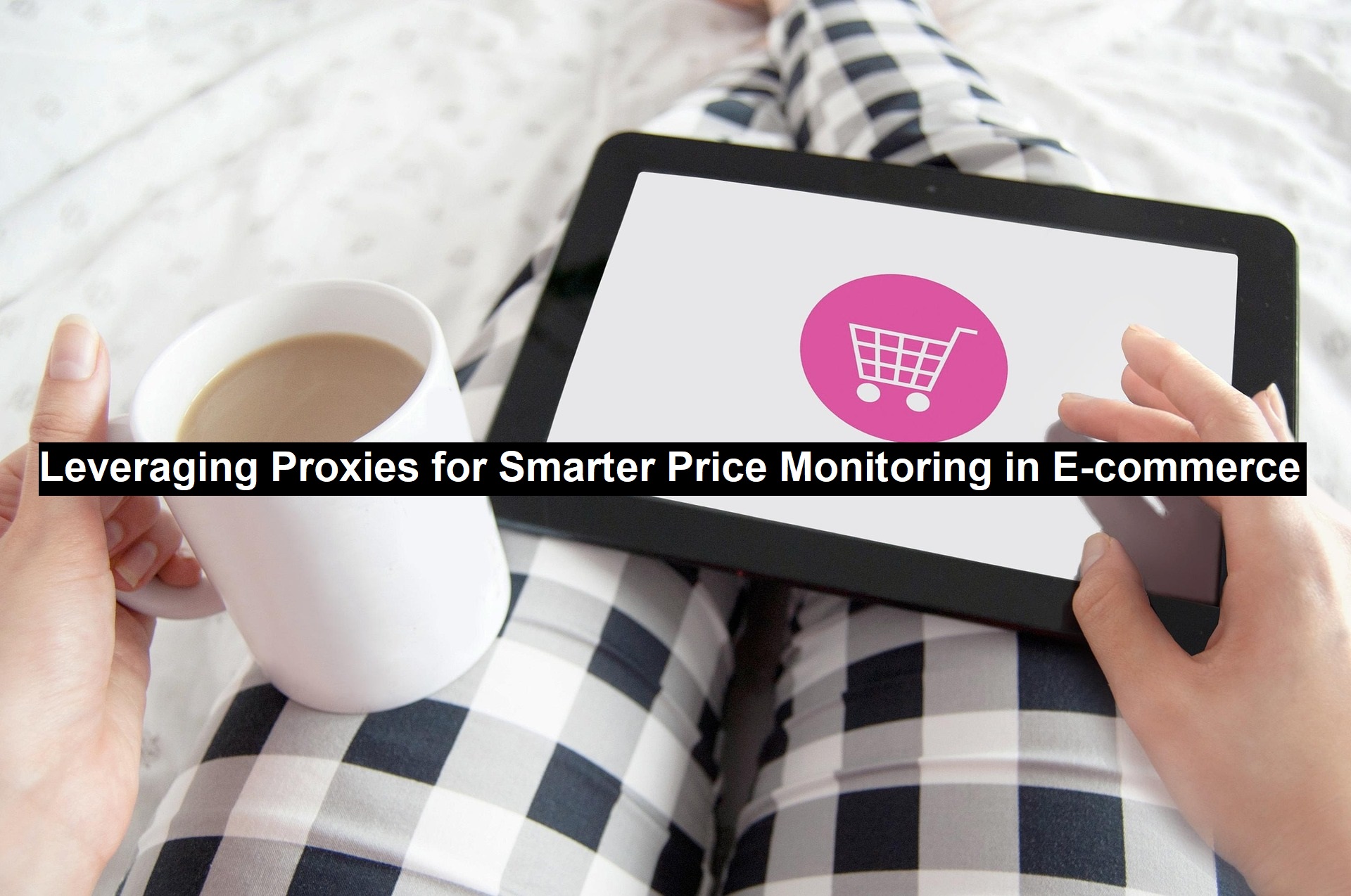Enterprise Resource Planning software is an advanced system to streamline all business processes proficiently. Expand your new business with confidence by choosing the right ERP software for streamlined operations and growth. It is an automated system which is integrated with the business processes to achieve efficiency. In today’s world, businesses rely on this system to improve its functions, cross-departmental coordination, visibility of all actions and to reduce cost and wastage.
ERP software can streamline all the core business functions from finance and accounting to inventory management and professional service automation. It removes all the redundancies and establishes control over the business.
ERPs are undoubtedly a remedy for all the challenges of the business. It can help the business to stay competitive in the fast-evolving market. So, if your business is lagging due to any challenges, implement ERP to remove anomalies and bring the business back to order.
Choosing an ERP for the business is a tedious task as it requires a bulk investment and careful planning. Businesses always look for the best ERP and the vendor who provides the right service and support. There are different ERPs in the market with many names, hence, listing them down and selecting the best requires a lot of time. Let us learn how you can select the best for your business.
What is Enterprise Resource Planning Software?
ERP is a modern solution for all kinds of businesses. It has a single interface where all the data is shared by all the departments. All the users can easily access the critical information shared in this centralized system with extensive data collaboration.
Cloud ERP is a modern solution very convenient for businesses to use. It is an advanced technology available at an affordable price. The right ERP software can seamlessly integrate with telematics data, creating a holistic view of your operations for improved efficiency. The software is managed by the vendor and the maintenance is also done by the same. It is subscription-based.
Cloud ERP allows the user to work from any place and all that is required is an internet connection and a device. In addition, any technology can be integrated with this system to enhance the business operations.
Steps to Choose the Right ERP Software
Businesses struggle to choose the right solution for their processes. It cannot be implemented with guesswork, you will be requiring a proper strategy before choosing the right software for your business. Enumerated below are a few steps to follow before finalizing the software that embraces your business.
Correct all the Operational errors
As part of planning, the first step to choosing the right system is by listing your business requirements. In addition, the current challenges of the business and the future requirements have to be solved by the ERP. Hence, the business must note down current issues and the future needs of the business.
Here are some of the pain points which have to be questioned and checked.
- Financial Reporting – Business owners should ensure that the financial reports they acquire are accurate and reliable.
- Data and analytics – The visibility and transparency in regards to sales, production and procurement processes.
- Automation – Find out the processes which require automation. Check if the ERP can automate job costing, sales orders and supply chain management functions. Further, dig a little deeper and analyze if this system can automate more functions.
- User Experience – Find out how reasonable this technology can be and how it will impact the productivity of the employees. Specify the direct cost benefit for your business.
- Mobile Accessibility – Comprehend if the software can be relied on by mobile users. Find out if the software can be accessed efficiently from the field and what type of users require this accessibility.
Choose Internal Sponsors
It will be largely beneficial if the leaders encourage ownership. They must get buy-in from investors and influencers by allocating an internal sponsor in each affected area by ERP investment. Business owners can consider the following departments such as accounting, inventory, order management, human resources and sales.
Internal sponsors should be presented with the bigger picture including business goals, and digital technology to adopt. Each business area should specify its pain points and current and future requirements.
Assess ERP Options
There is no shortage for ERP options. Online there are endless options who are willing to make phone calls to sell their product. You need to check the following before choosing your system.
- Industry Experience – Check for the ERP vendors specialized in your industry.
- Customizations and applications – Find out if the ERP allows customizations and fulfills the specific requirements of the business.
- Flexibility – The level of flexibility it will provide in the future.
- Reporting – How reliant the system can be when it comes to industry-specific compliance requirements and reporting.
Sort ERP Vendor Options
After narrowing down the vendors, approach a vendor who offers a seamless and effective implementation process with continual support. Analyze how well the vendors offer support. It is vital for them to be supportive for pre-launch, post launch and must be ongoing.
Consider the following factors when selecting the vendor:
- Industry Expertise – How well is the vendor proficient in comprehending the business needs and goals.
- Customization capabilities – Analyze if the vendor has insights to customize and add applications to meet the requirements of the organization.
- Implementation insights to know – Know well on launch date and the time frame within which the system will be integrated into your business.
- Training – Ask the vendor regarding pre and post launch training. Further enquire about the additional resources that will be provided for a smoother experience.
- Support Services – Enquire about ongoing support. Check if the same team who knows about your organization well will be consistently supporting.
Choose your Vendor and ERP System
Finally, after the analysis of all the above steps you can choose the right vendor and the ERP for your business. Select the vendor who prioritizes your business requirements and who can efficiently help to meet your business goals. Most importantly, do thorough research on vendors’ reputations and experience. Look for the client testimonials and case studies for clear understanding. Understanding “ERP Trends” is crucial when choosing the Right ERP Software to ensure future-proof, adaptable solutions for your business.
Read: QuadAir Drone Review: Innovation in Aerial Technology
Conclusion
ERP software is an advanced and simplified technology for businesses to achieve efficiency and growth faster. However, the business should research and find out the right system that is flexible for their business. Planning and gathering insights is crucial when choosing the right ERP.
Author’s Bio:
Sneha Rakte is a specialist in communication who excels at recognizing client requirements. She produces persuasive sales copy and high-converting content. She currently works with Sage Software Solutions, an industry leader in supplying small and medium-sized enterprises in India with high-quality ERP software and CRM solutions.















